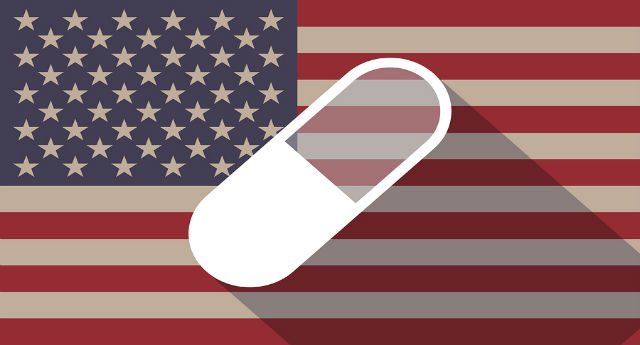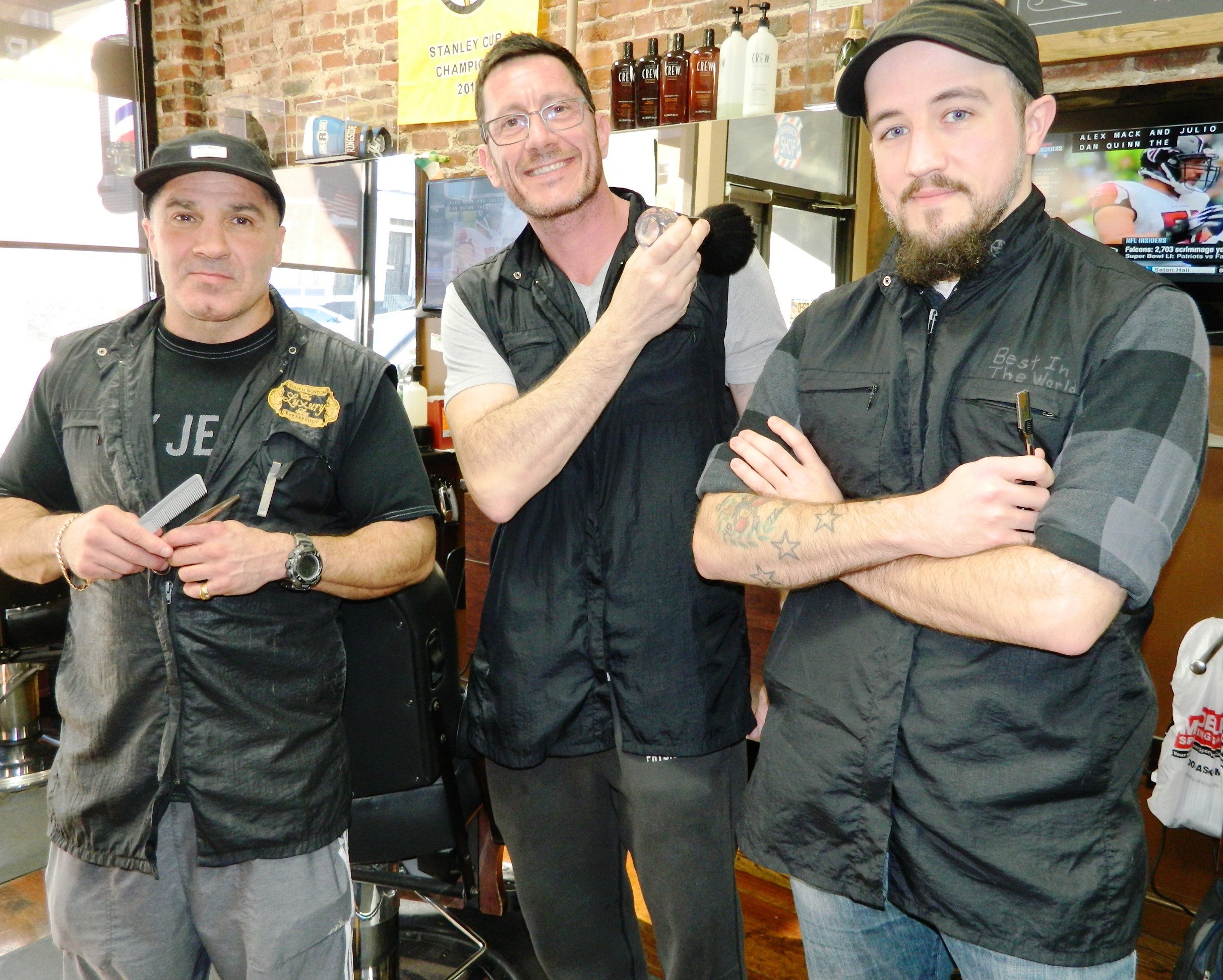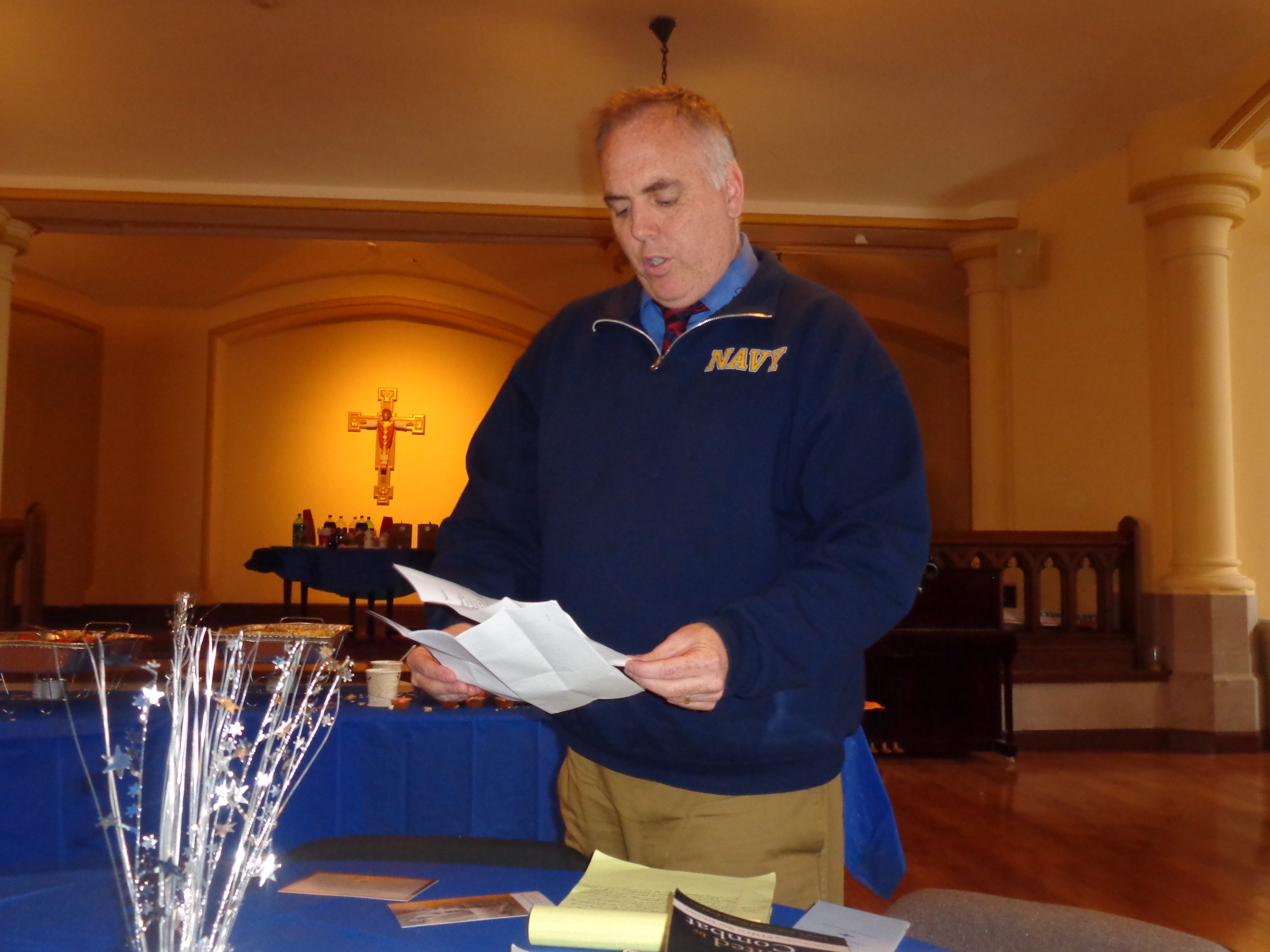Building on his commitment to support those in recovery and those suffering from substance use disorders in Boston and across the country, Mayor Martin J. Walsh today announced that he is exploring mass tort litigation against several pharmaceutical companies that irresponsibly saturated the market with opiates, knowingly putting consumers at risk for addiction. To formally start this process, Mayor Walsh will be issuing a Request for Information (RFI) on Monday, February 5 seeking information from law firms, researchers and other interested parties that would inform the city’s approach to potential opioid litigation. Over the past few months, the City of Boston has been meeting with various law firms and collecting relevant information in preparation for potential litigation. “I strongly believe that the pharmaceutical industry is the main offender and sustainer of the popped crisis,” said Mayor Walsh. “Their distribution and marketing of narcotics is unforgivingly reckless, causing irreversible devastation to our families and significant dam- ages to cities nationwide. In Boston, we are addressing the opioid crisis from every angle, from creating the first municipal recovery office to investing in more services and building a state-of-the-art recovery facility on Long Island. Now is the time to finally hold the pharmaceutical industry responsible.” Having been in recovery for over 20 years, Mayor Walsh understands firsthand how easily addiction can take hold and how difficult it can be to re- cover. In his first term, Mayor Walsh made expanding access to recovery services in Boston a priority by creating the Office of Recovery Services to study substance use in Boston and lead the city’s strategy around substance use disorders, addiction and recovery. This is the first and only municipal recovery office in the nation. In addition, Mayor Walsh man- dated the life-saving medication naloxone (Narcan) be carried in every public safety vehicle in the city in his first two weeks in office and launched a new 24/7 hotline through 311 to help people struggling with addiction access all levels of recovery services. Continuing these efforts into his second term, Mayor Walsh announced in his inaugural speech earlier this month that his Administration will rebuild the Long Island Bridge and invest in a comprehensive, long-term recovery facility on Long Island. These new services will offer a continuum of care, from harm reduction, to detox, to residential treatment, to transitional housing and ongoing peer support, and equip people with the opportunity to rebuild a life.
© COPYRIGHT © 2018 · SOUTH BOSTON TODAY













